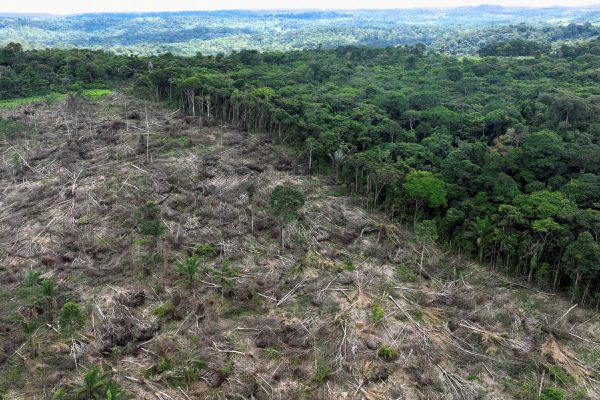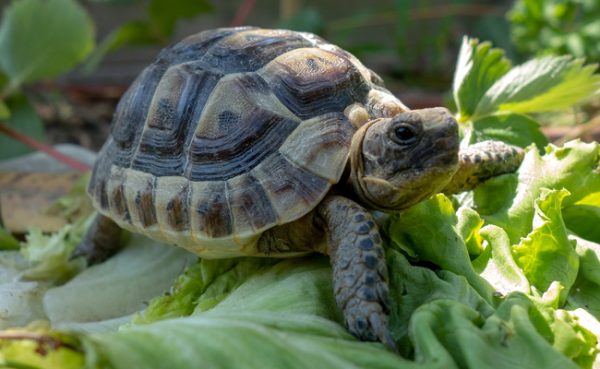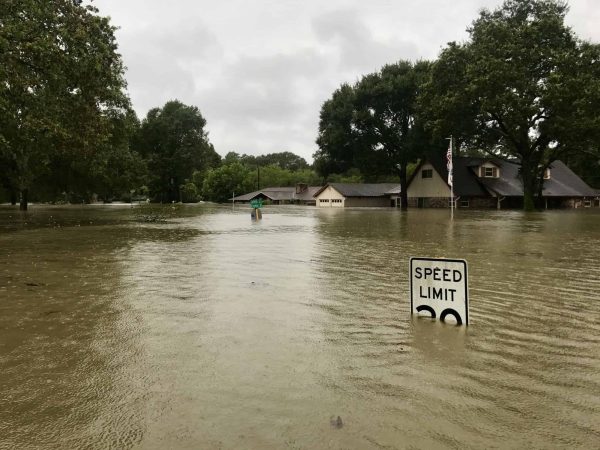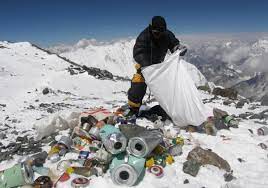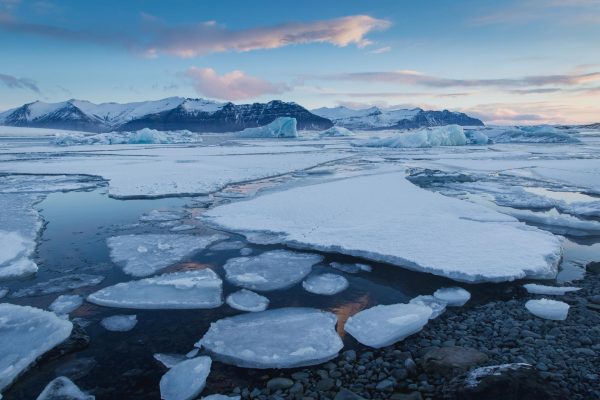Arctic Shrinking Linked to Wildfires
May 10, 2023
Lower sea ice is encouraging warmer, drier weather in the western states, which is paving the way for the severe wildfires that have wreaked havoc on the area in recent years.
According to Jennifer Francis, these findings are concerning because melting ice that traps heat from melting gas emissions “shows no signs of abating, and sea ice is expected to continue its downward spiral.”
Researchers have looked into the connection between the dwindling Arctic Ocean and wildfires and climate change, and they have at least discovered one. The Arctic sea ice pushes the atmosphere beneath it, pushing the jet stream north from July to October.
It raises the temperature and starts destructive fires in the western United States. As a result, fire weather and fire circulation are more prevalent when sea ice concentrations are low. In other words, the western United States will become hotter and drier as the Arctic Ocean gets smaller.
Using a cutting-edge fire-activated climate model, sensitivity experiments were then carried out in the western United States, suggesting that a rise in fall wildfires in the western United States could be caused by melting Arctic sea ice in the months before the fire season. Things build upon each other. Nobody believes the two are connected, but they actually are.
The authors of the study used data on sea ice levels from the previous 40 years to examine how the Arctic sea ice affects the formation of fire-friendly climate conditions. Through modelling at Lawrence Berkeley National Laboratory’s National Energy Research Scientific Computing Center, a DOE Office of Science user facility, the team was able to determine the mechanism at work.
Since researchers started keeping track of the loss of Arctic sea ice in the late 1970s, the ice has been steadily melting. According to the National Oceanic and Atmospheric Administration, the amount of sea ice remaining at the end of the summer has decreased by 13% every ten years in comparison to the average from 1981 to 2010.
According to projections, Arctic sea ice will eventually stop growing, resulting in periods of ice-free Arctic waters before the year 2050. Even the older, thicker ice that remains throughout the year is now thinner and more brittle.
The polar jet stream is continuously forced by the strong vortex out of its usual path, rerouting moist air away from the western United States. A second vortex, spinning counterclockwise and forming under the ridge of the polar jet above the western United States, forms as a result of the now weaker jet stream being pushed off its normal course. Similar to the vortex that caused the Pacific Northwest to experience extreme heat earlier this summer, this second vortex brings clear skies, dry conditions, and other fire-friendly weather.
The contrast between these two dissimilar systems may become more pronounced as the Arctic warms, worsening the situation in a region already devastated by wildfires. During the wildfire season of 2021, more than three million acres have burned throughout California alone.
Prof James Screen, a professor in climate science at the University of Exeter, does some research and said that ” This goes an important extra step further” and draws a link to fire-favourable weather ”




